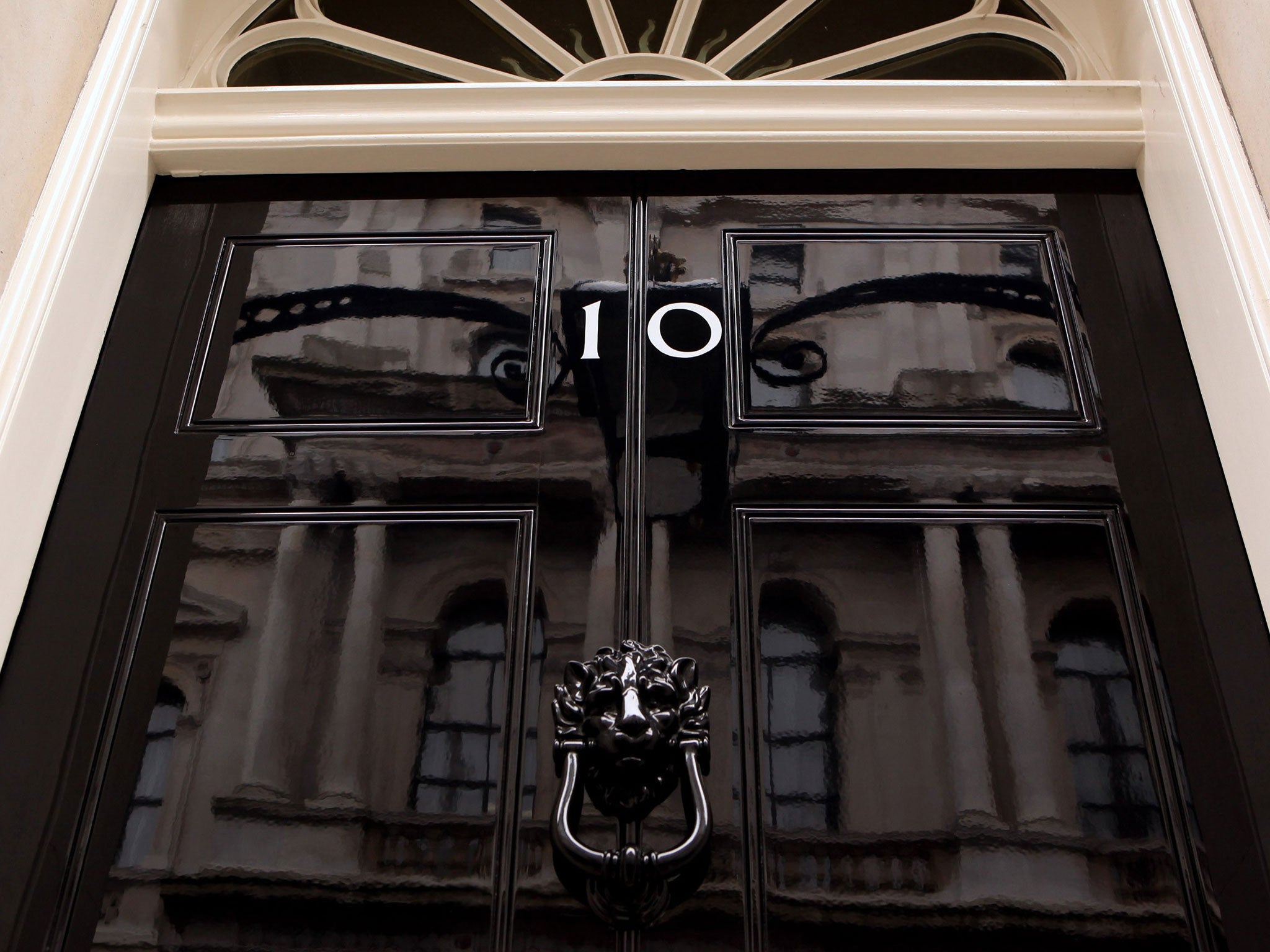Events, not policies, will decide who takes Downing Street next
Opinion polls and their predictive power count for naught when stuff happens and the character of politicians is tested in its fire


A Conservative and a Labour commentator last week confidently predicted the result of the next election. Paul Goodman, the Conservative former MP, and Dan Hodges, the Labour former official, both wrote that their party is heading for defeat. So who is right?
They both have good arguments. The Conservatives are 11 points behind in the opinion polls and need to be four points ahead to remain the largest party in the Commons. Only in 1955 did the governing party increase its share of the vote after a full parliament. The economy is stuttering and people's opinions of David Cameron have become less favourable.
On the other hand, Hodges – and Tories in No 10 – talk about the "softness" of Labour's lead and how mid-term poll leads can vanish when voters are asked to choose rather than protest. They say that the opinion polls that matter are those that ask who would be best prime minister (Cameron over Ed Miliband by eight points) and who is trusted to run the economy (Tories over Labour by one point).
One way of adjudicating between these competing claims would be to look at mid-term opinion polls and see how well they predict elections. Leo Barasi has plotted opinion polls taken two years before post-war British elections and compared them with what happened. He found that there is a correlation, although it is fairly weak. He concluded that, if Labour has a 10-point lead over the Tories in May 2013, it is likely to win a majority two years later.
There are two problems with this statistical wizardry, however. One is that Barasi also analysed opinion polls taken earlier on in each parliament and found that they were better predictors of elections. That could mean that the polls that predict the 2015 election best would be those taken at the end of 2011 when Labour and the Tories were neck and neck. Or it could mean that polls do not mean very much at all until you get within six months of an election.
The other problem is that Barasi left the 1983 election out of his analysis, because the launch of the Social Democratic Party disrupted the two-party model. Which could mean that polls are all very well until stuff happens.
And that, in a sentence, is my problem with electoral determinism. The next election is going to be decided by politics, politics, politics. It depends on what political leaders do in response to events, often unexpected ones.
That is the lesson of looking at old opinion polls. It is precisely things such as what Barasi left out – the SDP launch – that move votes. Or the Falklands war the following year, or the poll tax and Margaret Thatcher's resignation, or the ERM crisis. In the last parliament it was the coming of Gordon Brown, the credit crunch and the fuss over MPs' expenses.
The only general rule to be derived from opinion polls is that support often slips away from Labour to the Lib Dems or their predecessors in the last few weeks before elections. And that probably won't happen next time because the Lib Dems are in government.
My conclusion, therefore, is that the next election won't depend on how far Labour is ahead now. Nor will it depend, in any quantifiable way, on how well the economy does over the next two years. Obviously, if people feel more secure in their jobs and more hopeful about their family finances, that will make it easier for the coalition parties, but it really depends on how much the Chancellor can persuade us that it was down to his stewardship and that he knows what to do next.
To reinforce this point, allow me to ask a late seasonal quiz question. Which was the first party conference that George Osborne attended? I have been re-reading Janan Ganesh's biography of the Chancellor and was reminded that it was the 1994 Labour conference, which Osborne, the 23-year-old head of the political section at Conservative Central Office, went to as an observer.
Thus one of his formative experiences was Tony Blair's first conference speech as Labour leader, in which he announced the rewriting of Clause IV of the party's constitution. That was a big moment, shifting the axis of politics through boldness, judgement and ideology, and tilting the balance of advantage further to the opposition at a time when the economy was growing strongly.
Labour was then able, in government, to make economic growth work for them with their slogan in the 2001 election, "a lot done, a lot still to do". No surprise, therefore, that this is almost word for word what I am told the message will be at the "mid-term review" announced by David Cameron and Nick Clegg in No 10 tomorrow. What matters is not the economy, but how its story is told.
So that is my answer to the Goodman-Hodges question. It all depends on stuff happening and how leaders respond. That makes it harder to generalise, because it is not about polls or growth figures but about character. On balance, I think that Cameron is better equipped to deal with the challenges of the unexpected than Miliband, but, after the Prime Minister's misjudgements last year, I am less sure of that than I was.
Join our commenting forum
Join thought-provoking conversations, follow other Independent readers and see their replies
Comments
Bookmark popover
Removed from bookmarks